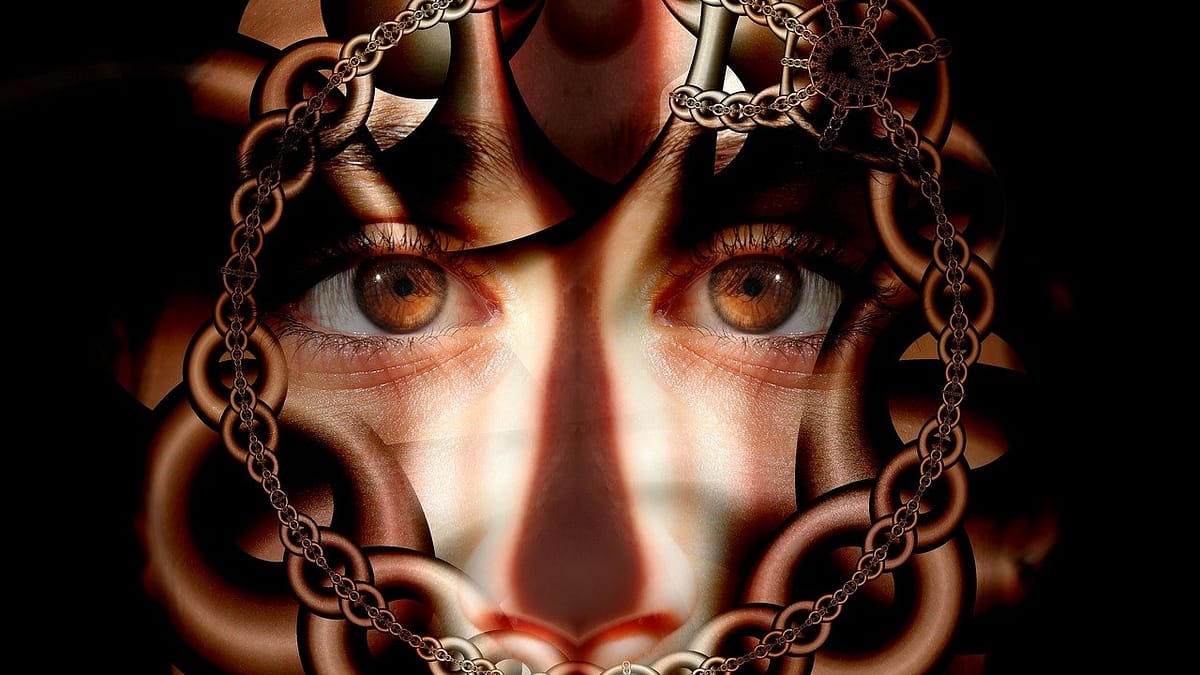
Acid is the family name for lysergic acid diethylamide. It belongs to a class of substances known as psychedelics. LSD can affect a person’s thinking, feelings, and perception of the world. LSD can cause people to have very mixed experiences. Therefore, it is essential to administer it in a controlled environment where they are informed, supported, and supervised. You can order gummies, tabs, and other forms of ingesting acid from taking LSD to suit your needs.
Therapeutic Use

Hallucinogens can be used to improve the mental state of people with mental or emotional problems. Hallucinogens are studied for their ability to contribute to the psychotherapeutic process. LSD can be administered for therapeutic purposes under supervision in a safe environment, such as a psychologist’s office. While the patient is experiencing the effects, the psychologist or health professional can provide guidance and reassurance. Despite the profound change in consciousness, the patient retains a vivid memory of the experience.
Sensory Enhancement
Adverse effects can be very subjective and unpredictable. One patient may experience a positive impact with vivid hallucinations and other sensations. Another may feel more alert due to expanded awareness. This positive experience is commonly referred to as a “good trip.” However, the patient may also experience the opposite, i.e., anxiety, panic, fear, and depression. A “bad trip” is a term used to describe the negative spectrum. A patient may experience both the positive and negative spectrum at different times.
Improves Mood
In one study, LSD was shown to alter established thought patterns, and its potential as a treatment for depression and anxiety was re-emphasized. Participants with no history of mental illness were given a single dose of LSD, which elicited feelings of openness, optimism, and good mood for about two weeks. Similar results were found in research on LSD and other psychedelic medicine like kratom in the treatment of alcohol dependence. People with alcohol dependence showed more optimism and positivity and were better able to cope with their problems.
Helps Kick the Addiction
The study found that people who did not use drugs, alcohol, or other intoxicating substances did not have transformative experiences, stronger bonds with others, or positive moods. Researchers are still investigating the benefits of LSD treatment. These include substance use disorders, including chronic alcohol dependence, post-traumatic stress disorder, anxiety, depression, and patients with life-threatening illnesses. The researchers were able to combine LSD and counseling to create a psychedelic trip for terminally ill patients. This reduced anxiety that did not respond to conventional anxiolytics, depression, and pain associated with life-threatening illnesses such as cancer. Terminally ill patients reported better sleep and less fear of death.
Summary
Acid can have powerful effects on the mind. These effects are usually short-lived and do not cause long-term damage. Some people may experience flashbacks or lingering trauma, which can cause anxiety and depression. Although studies are still at an early stage, it appears that LSD may be helpful for some mental disorders. However, researchers need to continue to investigate this possibility. The FDA has not approved the drug, and it remains illegal.


